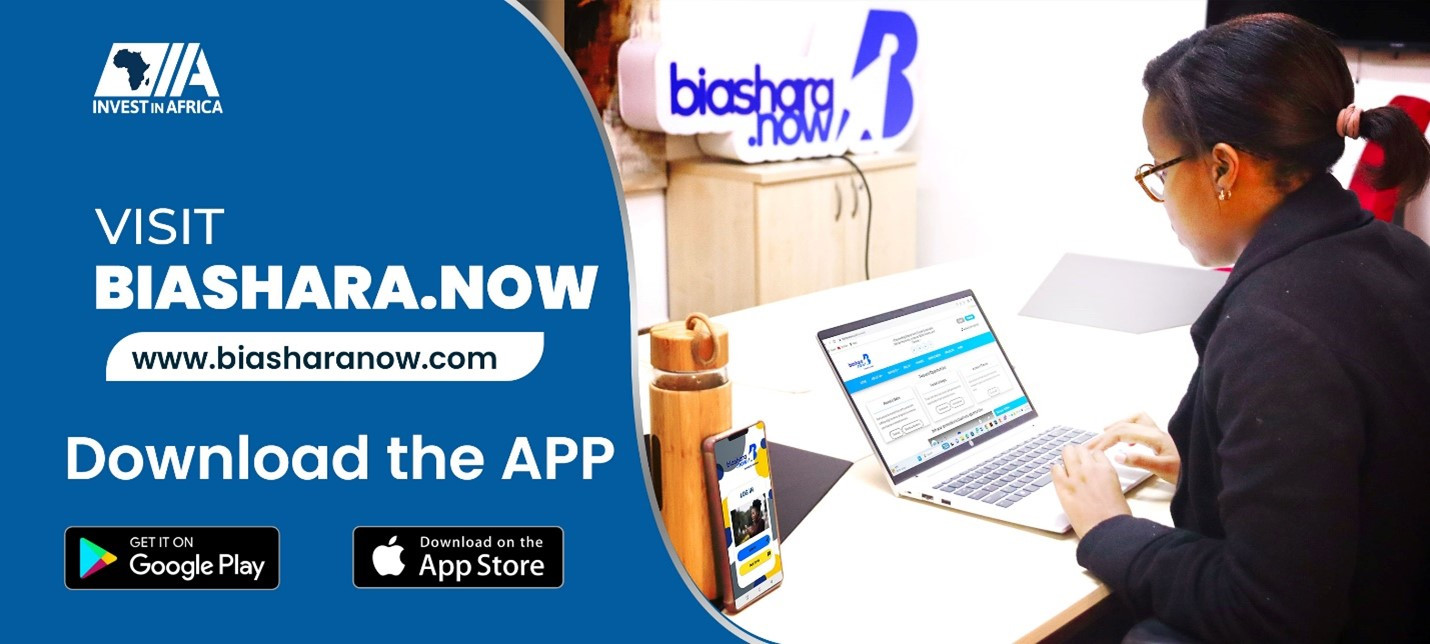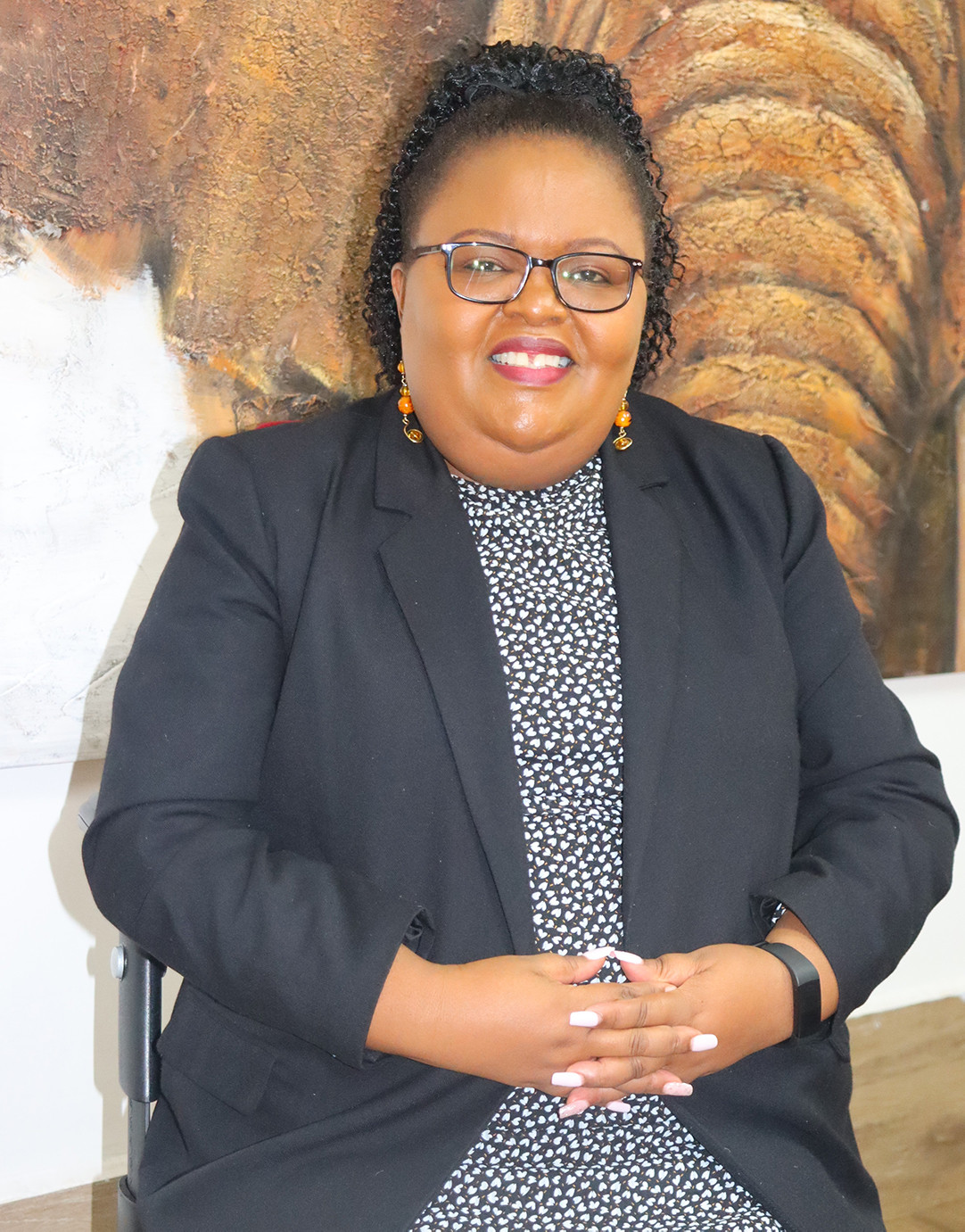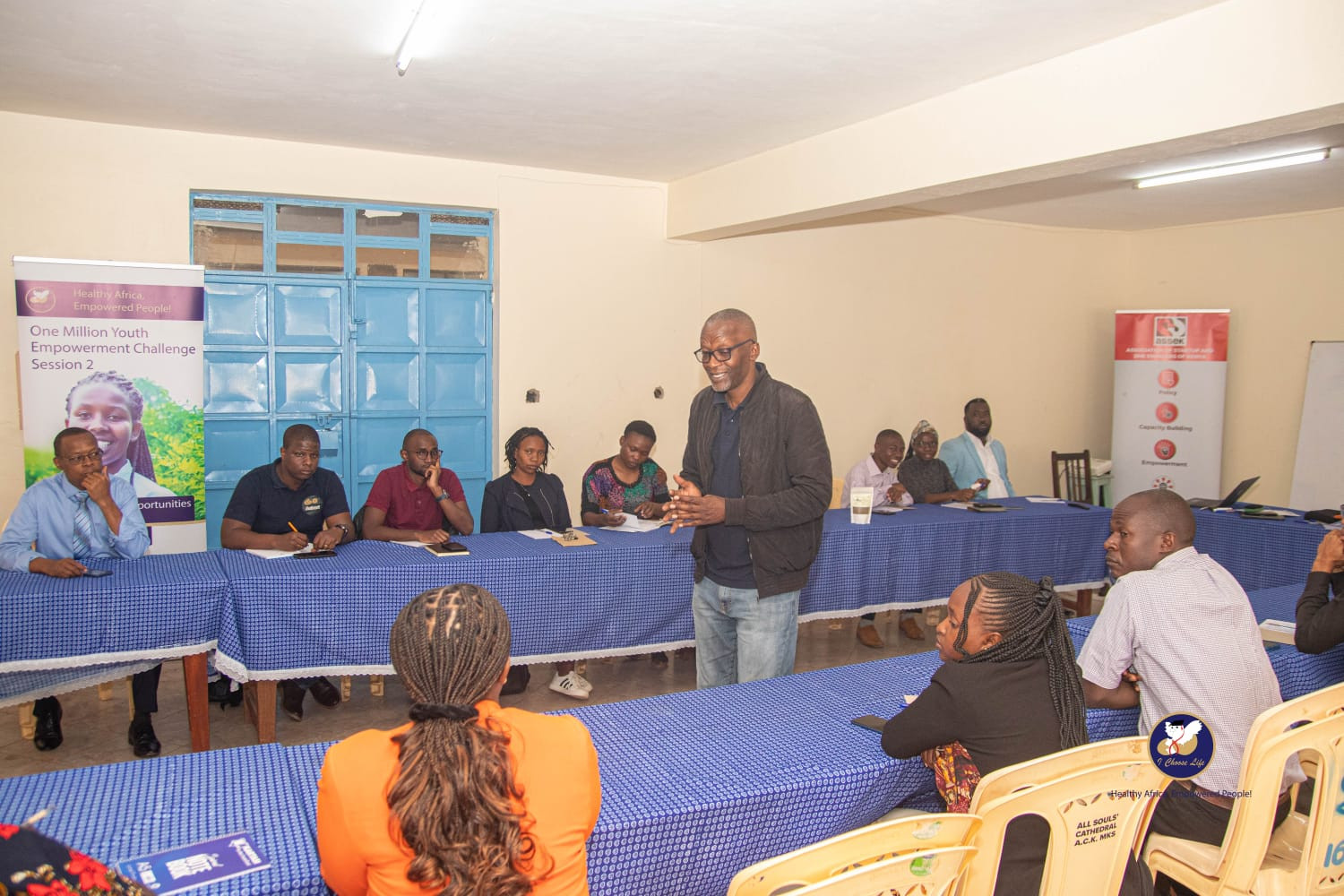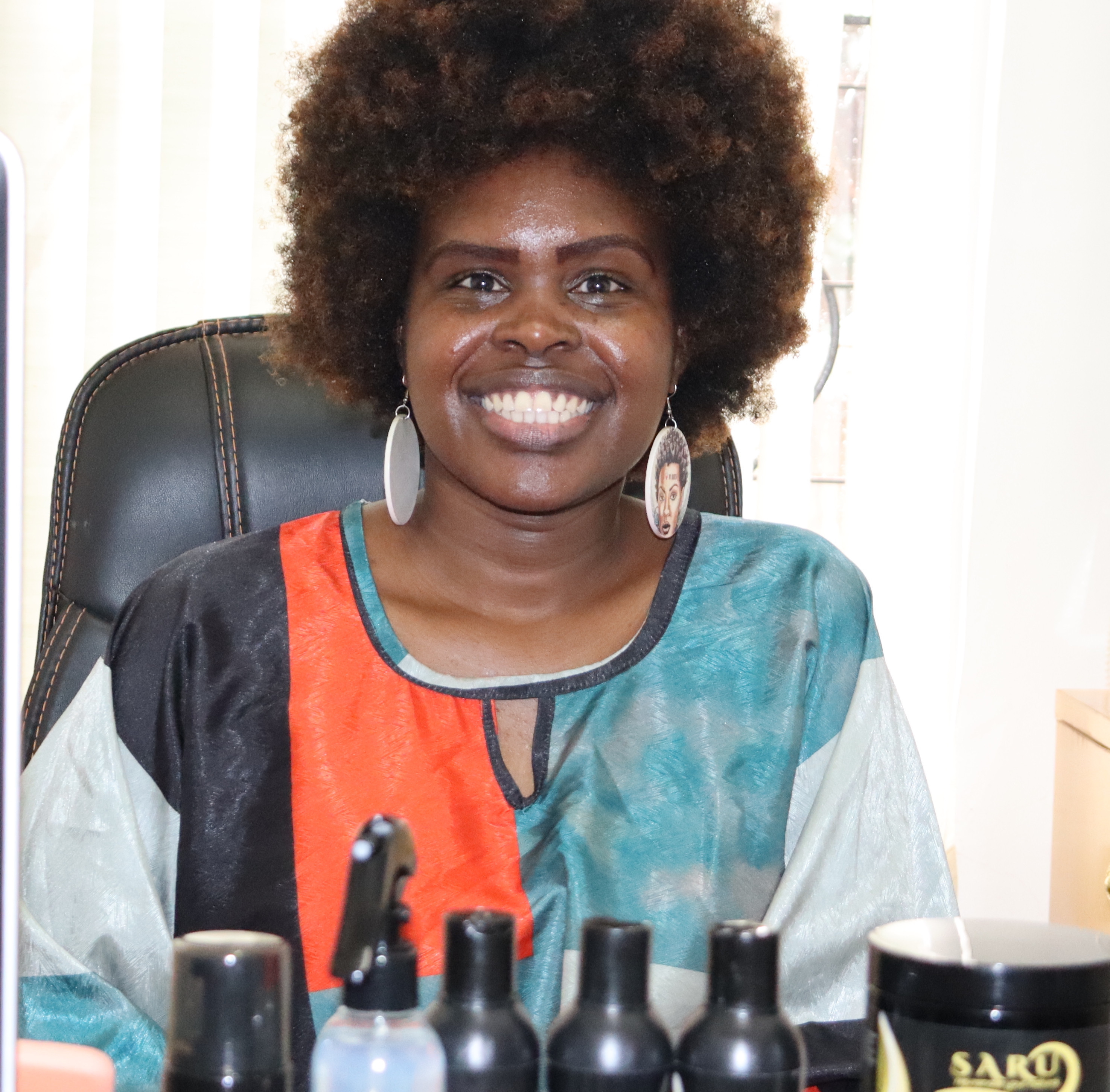Empowering Gender Equality and Inclusion
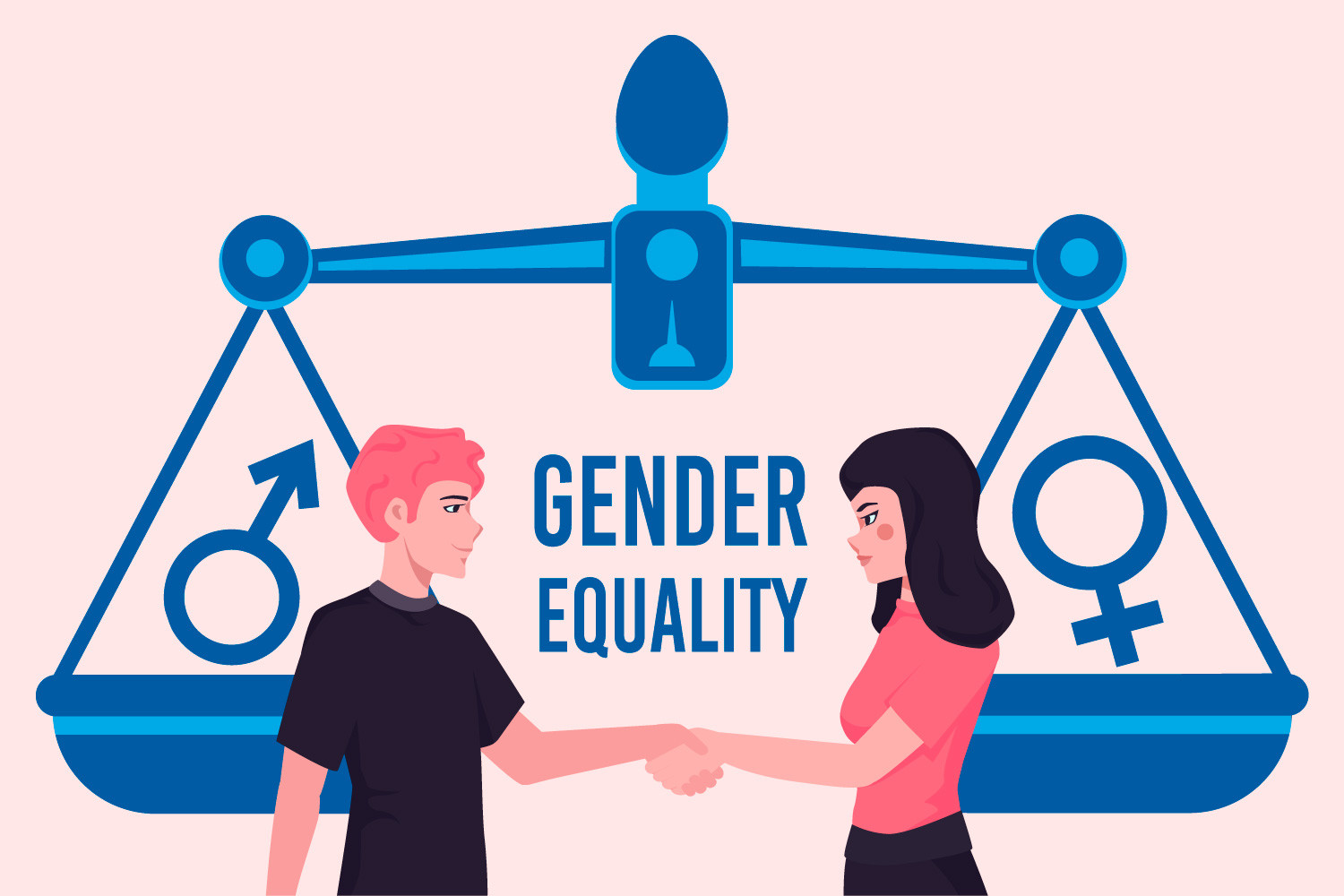
Identity-based inequities are obstacles to development at all levels of society. Studies have shown that women continue to suffer discrimination and unequal rights and opportunities worldwide.
In Kenya, the problem of gender inequality still prevails in most spheres of life despite the many efforts by interest bodies and the government to drive gender parity. Invest in Africa (IIA) is committed to driving economic growth. Towards achieving this noble goal, we notice the need to front for a future that prospers equally for everyone for sustainable development. One of IIA’s key thematic areas of focus is engendering women's inclusion in enterprise and economic prosperity.
Recently, IIA partnered with the World University Service of Canada (WUSC) in a drive to overcome inequality and exclusion - this partnership emphasizes the gender inclusion subject within IIA and its programs. Under this initiative, some IIA staff members were enrolled in gender equality programming training to further enrich the championing of gender equality through deliberate strategic planning and the creation of the necessary policies.
"The training was an eye-opener in understanding gender mainstreaming and the importance for organizations to actively consider gender equality programming and implementation, especially within workplaces and impact programs”, says Jeanne Njeri a beneficiary of the training.
A gender-sensitive eye is necessary for all impact organizations. Organizations that lack gender sensitivity in their operations, programs, or projects perpetuate existing gender inequalities. These organizations may cause more harm to the society they intend to serve. Organizational policies should be put in place to ensure a gender accommodative working environment. However, there is a need to ensure that social impact programs and projects are alive to gender equality matters throughout their entire life cycle.
Gender bias may sometimes occur, either deliberately or blindly. Education and awareness of gender equality and its importance are critical to eliminating stereotypes and discrimination. The institution of an organizational gender policy could also help reduce biases and provide guidelines on handling gender equality issues.
Invest in Africa has continued to bolster its capacity to implement gender equality strategies and applying gender-sensitive lenses in our programs. And through the partnership with WUSC, we have received expert human resource support, under their volunteer program - this is helping us review our policy framework to embed a gender accommodative culture.
The commitment to reduce gender bias must be clearly stated and widely communicated within enterprises, organizations, government agencies, and social groups. Applying a gender-sensitive lens in social interventions, support programs, and workplaces, is key to building a more equal society and a sustainable existence.

